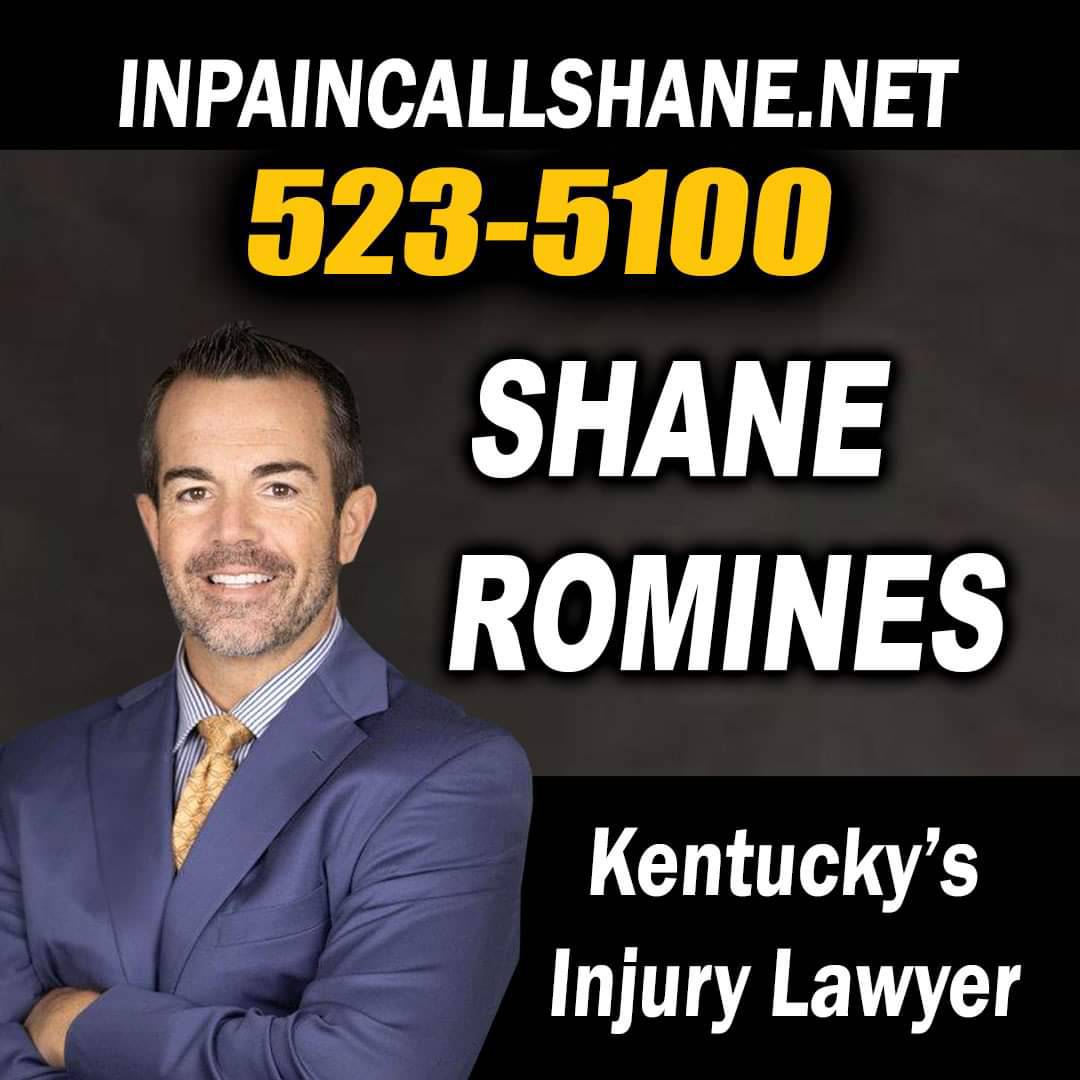Bankruptcy Lawyer in Corbin Kentucky
Kentucky Bankruptcy Lawyers
The phone is ringing again, and collection letters are piling up. You owe money and you cannot pay. Maybe you lost your job, your interest rate adjusted, or you just got in over your head. We can help. It could be that negotiating your debts is an option and our firm will gladly assist you in that effort. However, it may be that your only realistic option is to file bankruptcy. Copeland & Romines is the place for you. Call now to discuss your situation and find a resolution.
If you are thinking about filing for Chapter 7 bankruptcy in Kentucky you need to consider hiring a Kentucky Bankruptcy Attorney. A Chapter 7 bankruptcy is the most common type of bankruptcy and once a discharge is granted it allows and individual or family a fresh start. In Kentucky, a Chapter 7 bankruptcy will discharge an individual from most types of debts. The most common debt is credit card debt and home mortgage debt.
One of the most important features of bankruptcy to individuals and families is the automatic stay that goes into effect after filing for bankruptcy. The automatic stay should stop phone calls and letters from creditors. It will also stop all wage and bank garnishments from happening until the automatic stay is lifted or a discharge of debt is granted by the court. This provides some breathing room for families and individuals from creditors.
In most cases credit scores can be repaired within a few years of filing a Chapter 7 bankruptcy, provided that all payments after bankruptcy are kept current. The actual bankruptcy will stay on a credit report for 10 years, but individuals will sometimes qualify for a mortgage two to three years following a bankruptcy.
Other types of debts will not be discharged through bankruptcy. These debts include student loan debts, tax debts that are less than three years old, child support payments, spousal maintenance payments, and judgment debt incurred through intentional torts. The above lists regarding dischargeable debt does not include all debt and an attorney should be consulted regarding dischargeable and non-dischargeable debt.
The bankruptcy laws changed in 2005 and one of the main additions to the law was the inclusion of a uniform income standard to determine if someone is eligible for a Chapter 7 Bankruptcy. In Kentucky, the income limit for filing a Chapter 7 bankruptcy for a household changes depending upon how many people live in a household. The median income figures constantly change and an attorney should be consulted before filing for bankruptcy given the new income limitations.
An individual may still be eligible for a Chapter 7 bankruptcy if they make over the median income, but they must complete and pass the means test. The means test is a complicated formula and will allow a Chapter 7 bankruptcy discharge to be granted if an above median income individual has less than $100.00 of disposable income every month to pay back creditors. Not all payments can be deducted on the means test and a Kentucky bankruptcy lawyer should be consulted prior to filing a bankruptcy using the means test. The main deductions allowing an above median debtor to qualify for a Chapter 7 bankruptcy using the means test are secured debt payments on homes and cars.
Once the decision has been made to file a Chapter 7 bankruptcy the typical process is to retain an attorney to fill out the bankruptcy petition. The bankruptcy petition will include information regarding all of an individual's assets and debts. It will also give the court information regarding the individual's income.
After the bankruptcy petition is filed with the court the next step is a 341 meeting with the panel trustee who will be handling the Chapter 7 bankruptcy. The typical 341 meeting takes five to fifteen minutes depending upon the complexity of the case. Creditors and the U.S. Trustee can object to your bankruptcy petition for sixty days after the 341 meeting. If no objection is filed by a creditor, the U.S. Trustee, or any other interested party the Chapter 7 bankruptcy discharge should be granted.
It is important that credit cards not be used after deciding to file for a Chapter 7 bankruptcy. If credit cards are used in contemplation of filing for bankruptcy it is bankruptcy fraud, and would subject the individual to criminal penalties and the debt would not be discharged.
Help is only a call away, Copeland & Romines Law Office. 606-523-5100

